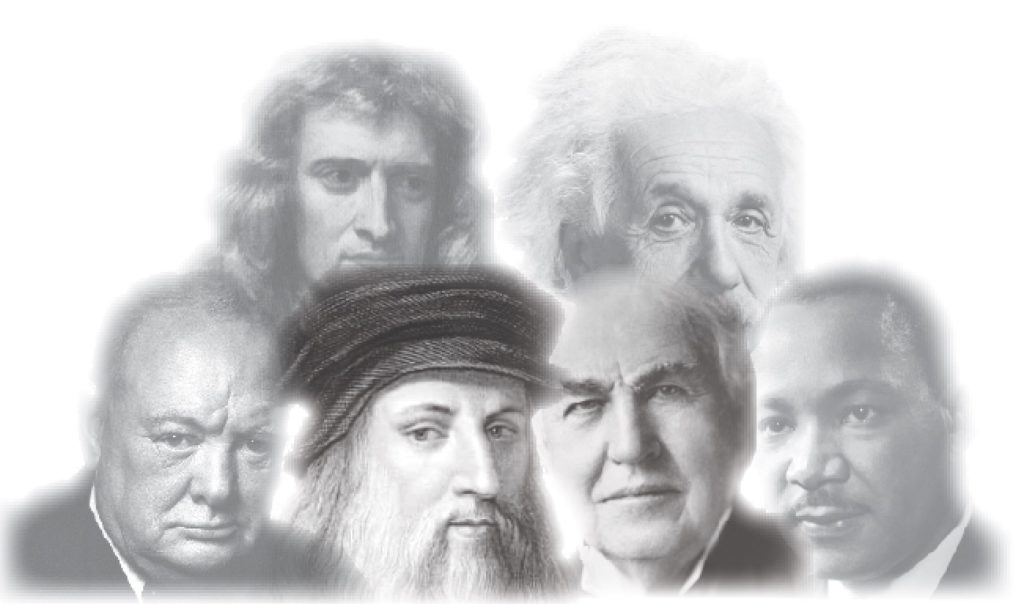
There is no absolute standard for measuring a person’s worth because there is no universal agreement on what constitutes “worth.” Furthermore, a person’s worth is assessed differently by different people and different generations.
Worth as an absolute measure
If we grow up in a family that values education, we tend to adopt those values and attribute high worth to those who demonstrate academic excellence. Albert Einstein and Alan Turing may be our high-worth icons. If our family admired those who demonstrated high affluence, we may tend to attribute high worth to those who have acquired great wealth, such as the entrepreneurial icons, Steve Jobs, Bill Gates, Jeff Bezos, and Elon Musk. And if we have been victims of class discrimination, our candidates for top worth might be Dr. Martin Luther King Jr., Nelson Mandela or Mahatma Gandhi. This variation in assessing individual worth was particularly evident in the controversies surrounding the nominations for “Greatest Person of the 20th Century” conducted by several magazines. The choices depended on the value system of the observers.
The values we attribute to people in assessing their worth are derived from the tribes to which we belong, including our families, religions, nationalities, and even our sports affiliations. We absorb a set of values through osmosis from our tribes and measure a person’s worth against those values. These are subjective assessments and vary across individuals and even across time.
Our changing assessments of worth over time
Tribalism is deeply rooted in our DNA. As Darwin observed, our loyalty and commitment to the values of the tribes to which we belong is a powerful survival mechanism that enabled some tribes to prevail over others. Attributing low value to those outside our tribes enabled us to slaughter, without remorse, those who were outside our tribe. We have witnessed this, not only in the World Wars I and II, but also in the recent debacles in the Middle East conflict and the Russia-Ukraine war.
Christopher Columbus, once hailed as the discoverer of America and attributed high worth by most of Western society, has now fallen out of favor. Statues of George Washington and Thomas Jefferson, once revered as founding fathers of America, have been decimated and these former icons of freedom are now reviled by many and attributed low or negative worth.
So, the bottom line is to strive to achieve your goals. Follow your dreams and the icons you respect, but don’t expect to be regarded as “great”, because even if you find a cure for cancer, that could, in future, be judged as harmful to society.
